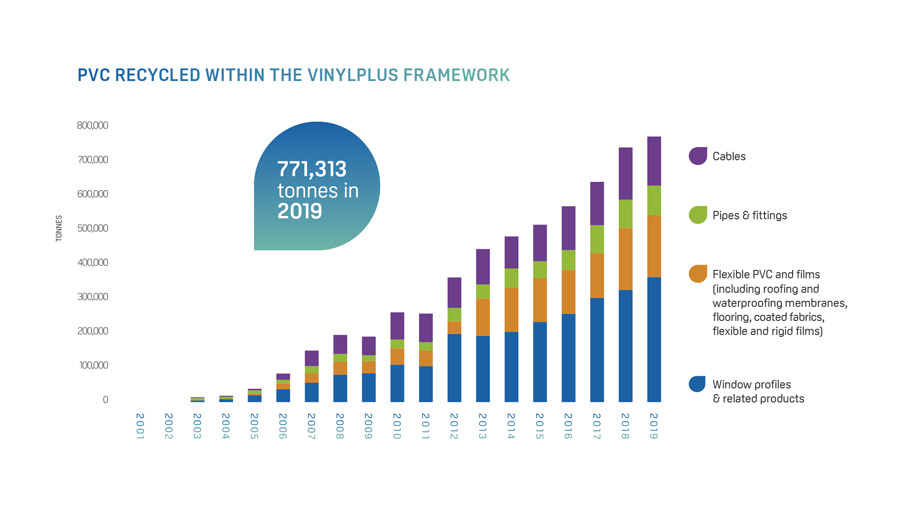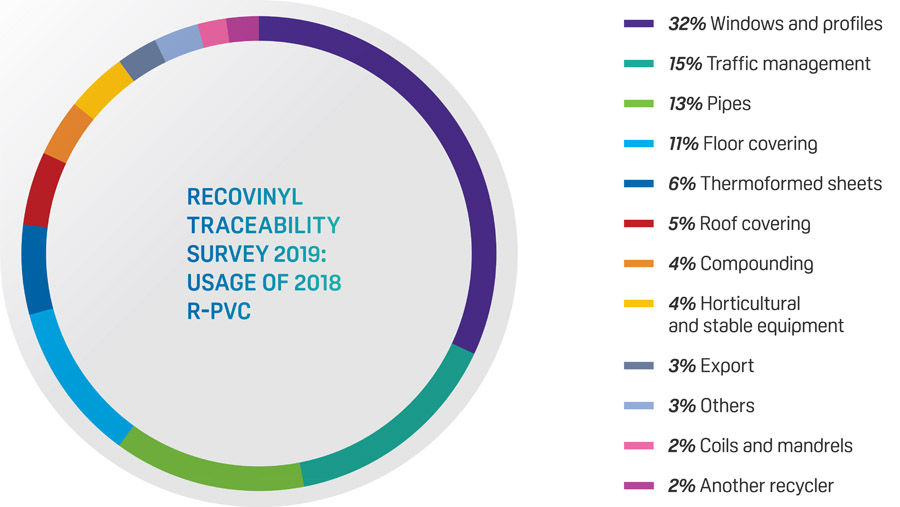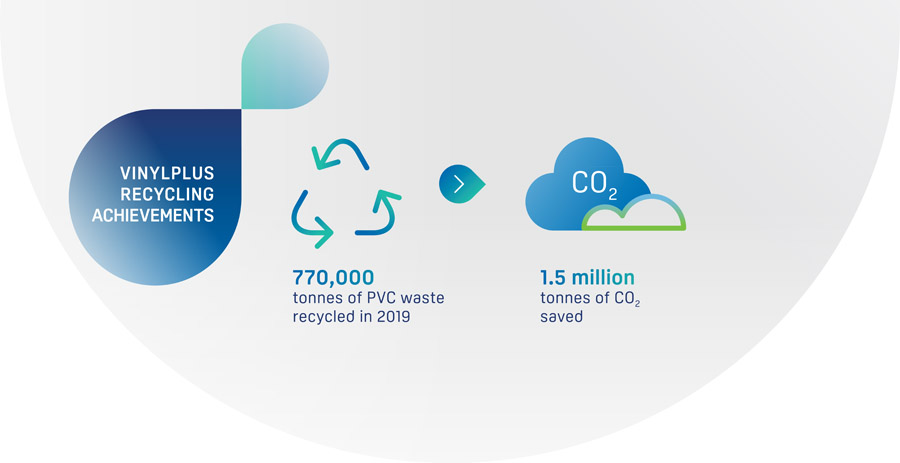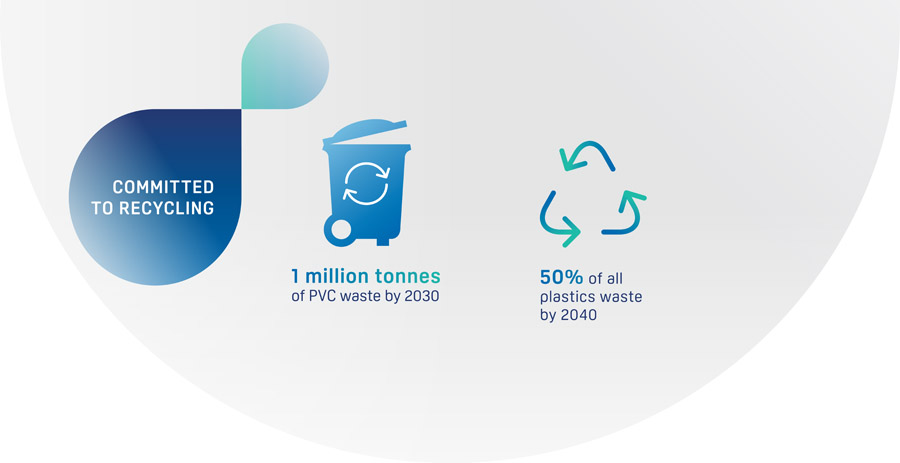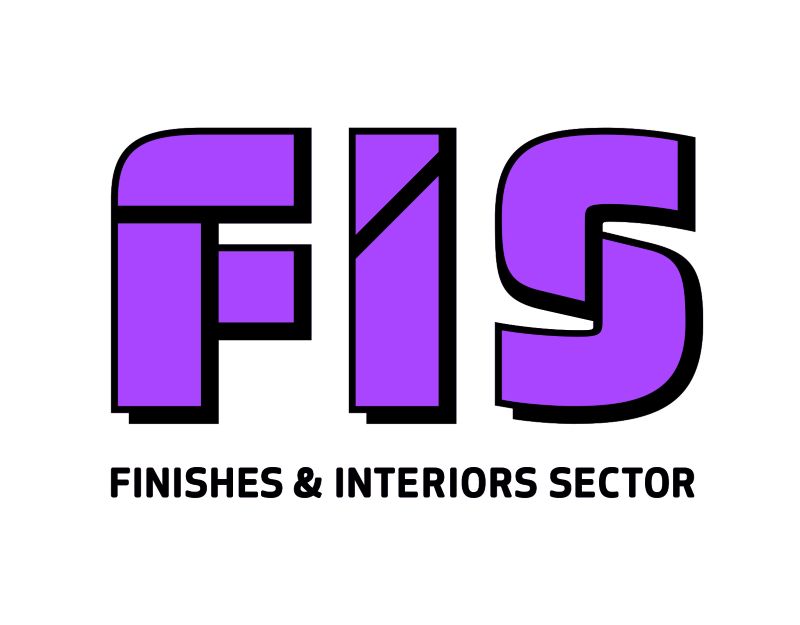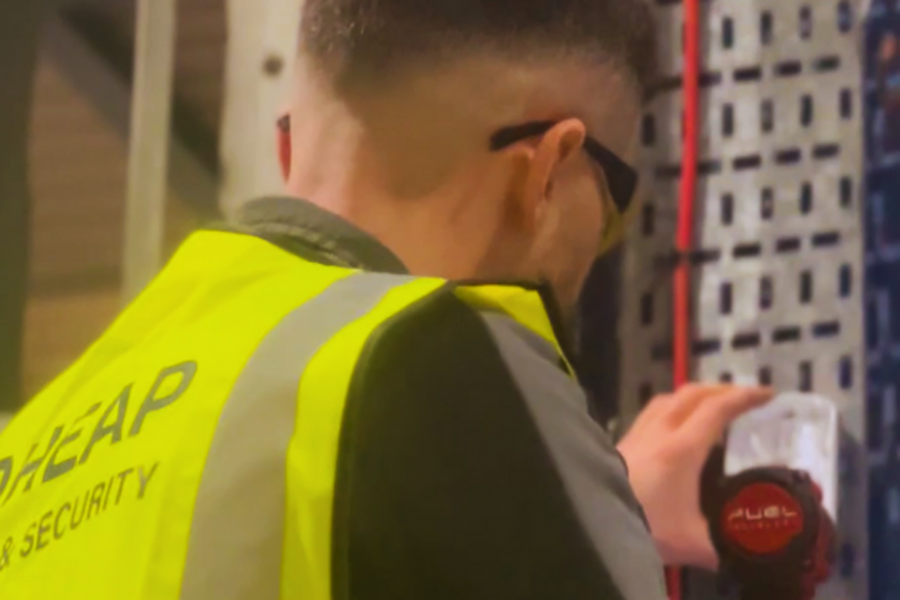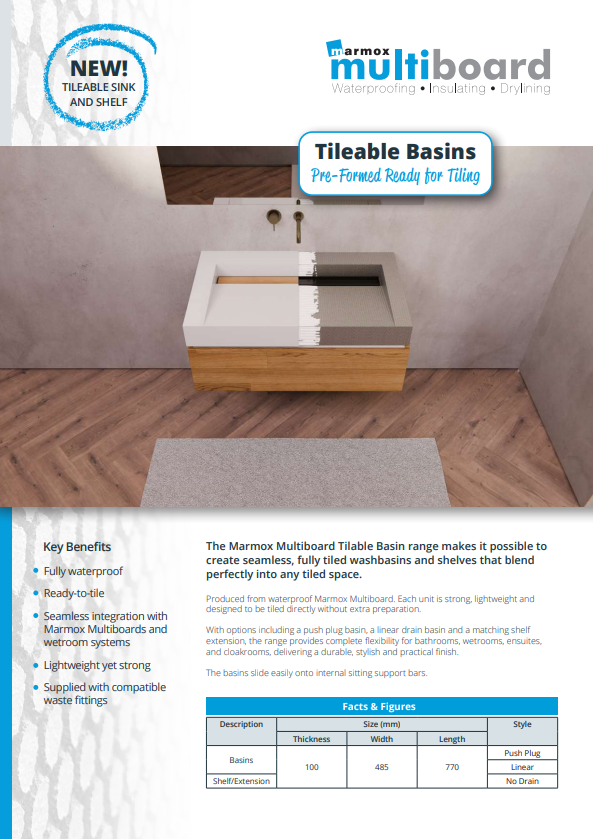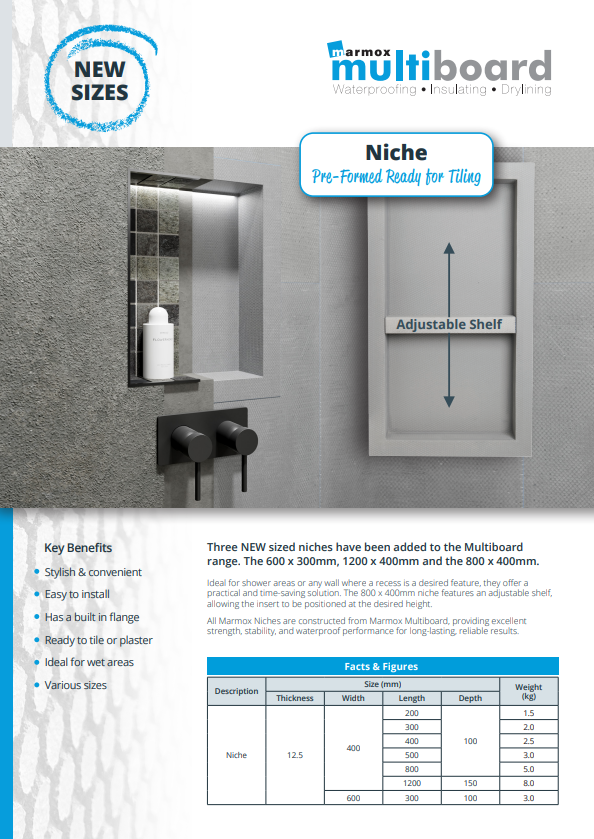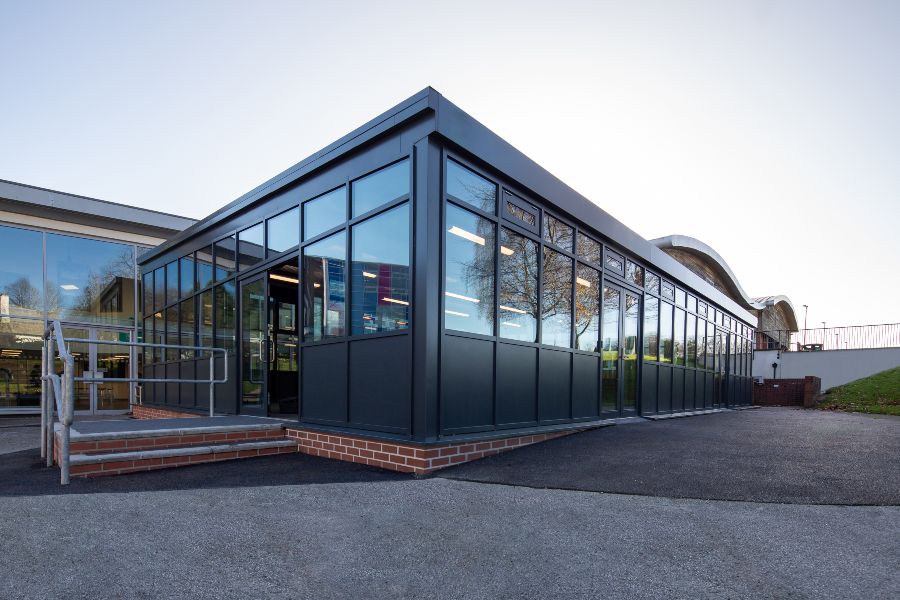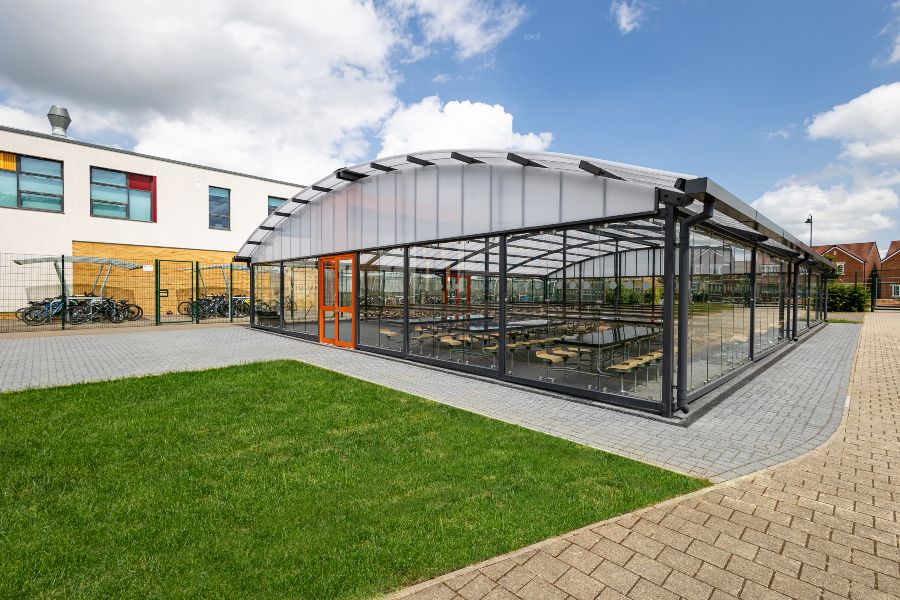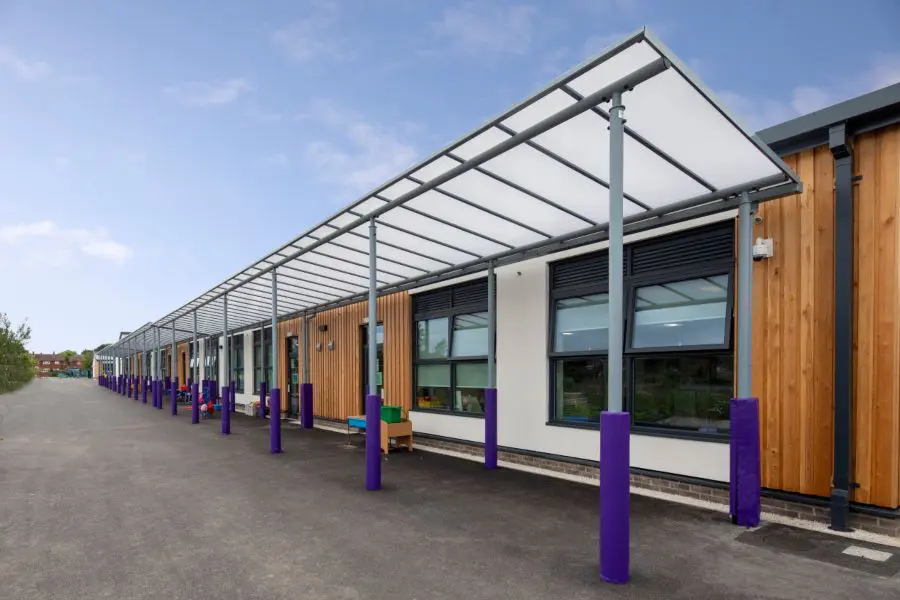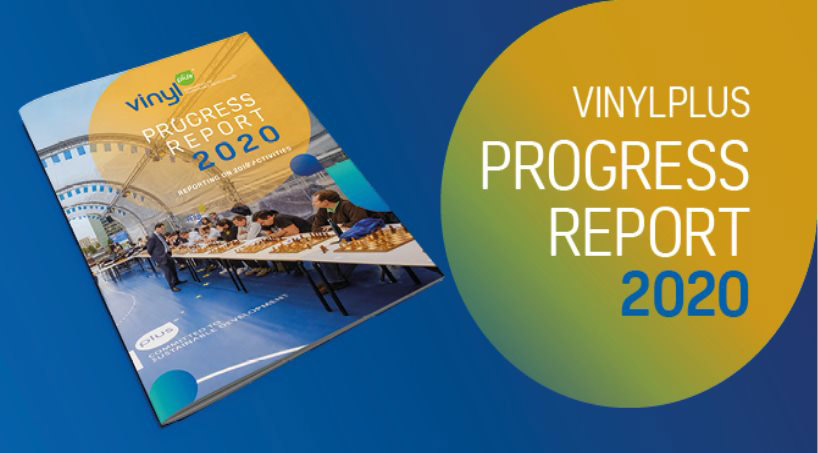
VinylPlus, the Voluntary Commitment to sustainable development of the European PVC industry, recycled 771,313 tonnes of PVC in 2019 - more than 96% of the programme’s 2020 target. The PVC industry is well on track to meet VinylPlus’ ever more challenging recycling targets for 2025, in line with the Circular Economy and the ambition of the Circular Plastics Alliance and EU policy initiatives to encourage recovering, recycling and reusing plastics. VinylPlus’ results are presented in its 2020 Progress Report launched today.
“Over the last 20 years, VinylPlus has worked tirelessly to tackle the challenges of circularity. We continuously aim to improve our sustainability performance embracing the European Green Deal, the Circular Economy Action Plan and other policy initiatives impacting the plastics sector,” stated Brigitte Dero, Managing Director of VinylPlus.
PVC has become a plastic material of choice for medium- and long-life applications, primarily in building and construction products such as window frames, pipes, flooring, and cables, but also for lifesaving medical devices. PVC is reusable and can be recycled multiple times without losing its essential properties. Recycling this valuable material is a key part of VinylPlus’ voluntary commitment to sustainability and to the Circular Economy. This recycling effort is reinforced by traceability and certification schemes that ensure the safety and quality of recycled materials and processes.
Through its Voluntary Commitment, the European PVC industry has recycled 5.7 million tonnes of PVC since 2000, preventing the release of 11.4 million tonnes of CO2 into the atmosphere. In 2019 alone, 771,313 tonnes of PVC were recycled - more than 96% of the programme’s 2020 target. Following the European Commission’s pledging call for the entire plastics industry to boost recycling, VinylPlus has committed to recycling at least 900,000 tonnes of PVC per year into new products by 2025 - securing further its place in achieving Europe’s Circular Economy strategy and the aspirations of the cross-industry European Commission’s Circular Plastics Alliance, set up in 2019 for the cooperation on the uptake of recycled plastic.
Continuous recycling of valuable PVC material is in the best interest of a sustainable society. The European Chemicals Agency (ECHA) has confirmed recently that the recycling of end-of-life PVC products is the best waste management option from both an environmental and human health point of view[1]. Recycling of PVC significantly reduces potential greenhouse gas emissions as for each kilo of PVC recycled, two kilos of CO2 are saved. The alternative scenarios would result in wasting material that would otherwise be recycled and reused.
VinylPlus’ 2020 Progress Report confirms that the voluntary programme is achieving its targeted objectives. To guarantee maximum transparency, participation and accountability, a Monitoring Committee, composed of representatives of the EU Parliament, the EU Commission, trade unions, consumer organisations and academia, supervises VinylPlus’ achievements and progress. Jo Dewulf, professor at Ghent University and Chair of the Monitoring Committee, said: “Industry initiatives, like VinylPlus, that look beyond recycling and put sustainability along value chains in focus are increasingly essential when developing strategies for a circular economy.”
VinylPlus goes further than the Circular Economy, addressing other sustainability topics such as energy and climate change, sustainable material sourcing and production and the responsible use of additives. Such key issues have been integrated into the VinylPlus® Product Label, the sustainability certification scheme for PVC products in the building and construction sector delivering the highest sustainability performance and contribution to the Circular Economy. To date, ten companies have received the VinylPlus® Product Label for more than 100 PVC products manufactured at 18 European sites.
Workers’ health and education are also an integral part of the programme. VinylPlus cooperates with the European Chemical Sectoral Social Partners (made of European Chemical Employers Group and industriAll Europe) to implement action plans for workers’ safety and for the digitalisation of SMEs that were defined in the framework of the renewed Cooperation Agreement signed in 2017.
Brigitte Dero commented that “each progress report is a timely opportunity for the industry to reflect not only on its past achievements, but also on future challenges and opportunities. With the culmination of VinylPlus in sight, we are engaging further with our partners and stakeholders in a dialogue to build the new VinylPlus programme towards 2030 that will be launched in May 2021.”
www.vinylplus.eu.
